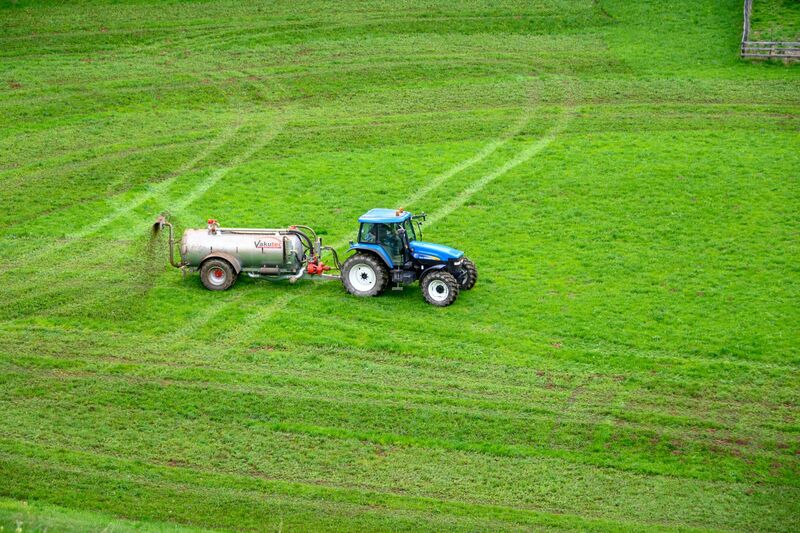
In October 1999, there were ‘just’ 6 billion people in the world. Just 23 years later, on November 15, 2022, the world population reached 8 billion people, according to the United Nations (UN). And the UN projects that the global population will reach 9 billion around the year 2037.
As the world’s population approaches the 9 billion mark and the supply of arable land shrinks, food producers will need to feed more people and animals on fewer acres. Companies that boost farmers’ crop yields could emerge as the biggest winners.
Household incomes in emerging markets have also increased, increasing demand for meat-based products. Higher demand here means more crops will be needed to feed the livestock.The challenge will be to grow more food to feed the growing global population on less land. That's why advancements in agri-technology and research are critical.
Agri-technology, also known as agricultural technology or agtech, refers to the application of technology and innovation in the agricultural sector to improve efficiency, productivity, sustainability, and profitability.
Fertilizer, crop, and seed chemical producers transitioning to environmentally friendly products could emerge as winners as this trend unfolds. Crop protection producers such as Corteva (CTVA) and FMC (FMC) invest heavily in biologicals like microbes or bacteria that can fight insects and weeds.
Corteva is a global leader in seeds and crop protection products, while FMC is a pure crop protection play. Both benefit from strong pricing power for their products.

Out of the 18 Wall Street analysts that cover Corteva, 14 have a ‘strong buy’ rating on the company. The mean price targe for the stock is $73.88, which is more than 25% higher than where the stock is currently trading.

Out of the 13 Wall Street analysts that cover FMC, 12 have a ‘strong buy’ rating on the company. The mean price targe for the stock is $144.54, which is almost 30% higher than where the stock is currently trading.
The adoption of agri-technology can lead to increased agricultural productivity, reduced environmental impact, improved resource efficiency, and enhanced food quality and safety. It plays a crucial role in addressing the global challenges of feeding a growing population, managing limited resources, and building a sustainable and resilient food system.
On the date of publication, Andy Mukolo did not have (either directly or indirectly) positions in any of the securities mentioned in this article. All information and data in this article is solely for informational purposes. For more information please view the Barchart Disclosure Policy here.






